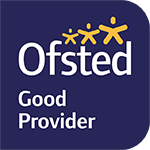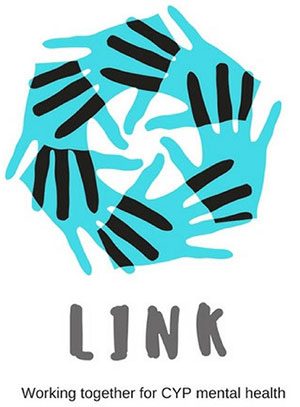We want Design and Technology to be an inspiring, rigorous and practical subject. Using creativity and imagination, pupils design and make products that solve real and relevant problems, within a variety of contexts, considering their own and others’ needs, wants and values.
The aims of the Moorlands Design and Technology curriculum are:
- To deliver programmes of study for EYFS, Key Stages 1 and 2 of the National Curriculum in Design and Technology;
- To develop imaginative thinking in children and to enable them to talk about what they like and dislike when designing and making;
- To enable children to talk about how things work, and to draw and model their ideas;
- To encourage children to select appropriate tools and techniques for making a product, whilst following safe procedures;
- To explore attitudes towards the made world and how we live and work within it;
- To develop an understanding of technological processes, products, and their manufacture, and their contribution to our society;
- To foster enjoyment, satisfaction and purpose in designing and making.
EYFS
Expressive Art & Design in the EYFS is all about discussion and experimentation.
We believe that helping children to be creative is as much about encouraging attitudes of curiosity and questioning as about skills or techniques.
Building on children’s interests can lead to them creating amazing inventions or making marks on paper that represent for them an experience or something they have seen. Encouraging children to choose and use materials and resources in an open-ended way helps them to make choices and to have confidence in their own ideas. Supporting them to explain their thought processes helps build their resilience to keep exploring and investigating “what happens if…”.
Years 1 – 6
At Moorlands, we follow the Kapow Design and Technology scheme of work, which offers a clear programme of study and enables pupils to meet the National Curriculum end of Key Stage attainment targets. The scheme gives pupils the opportunity to make their own choices and decisions to create designs, so that their Design and Technology outcomes, whilst still being knowledge-rich, are unique to the pupil and personal.
The scheme of work incorporates four strands which are revisited in every unit:
- Design
- Make
- Evaluate
- Technical Knowledge
The fifth unit, Cooking and Nutrition is specific to the principles, skills and techniques in food design and technology, including where food comes from, diet and seasonality.
The first four strands are covered in every project. Knowledge and skills are taught discretely to allow our learners opportunities to practise and develop their skills whilst solving real life problems. Learning follows a spiral curriculum and key skills are revisited again and again with increasing complexity as children progress through the school. This allows pupils to revise and build on their previous learning.
SEND: Inclusion is at the core of our curriculum delivery and in DT we make adjustments and offer support to allow all children to access learning in all lessons.
Design and Technology in Early Years Foundation Stage
Foundation Stage children explore design and technology across within Expressive Art and Design and Understanding the World through a topic based approach. Some skills are taught directly, but children are also provided with daily opportunities to access creative and construction activities through play and exploration of a range of materials. The quality and variety of what children see, hear and participate in is crucial for developing their understanding, self-expression, vocabulary and ability to communicate their ideas clearly.
Design and Technology in Key stage 1 and 2
In Key Stages 1 and 2, all classes have a scheduled Design and technology lesson each week every other half term (alternated with Art and Design). In Key Stage 2, pupils are introduced to projects developing skills and knowledge with electrical systems and the digital world. Lessons are always practical in nature and encourage experimental and reflective learning, with Key Stages 1 & 2 pupils using sketchbooks to document their designs and evaluations, and iPads/tablets to capture a record their final creations.
The curriculum is designed in such a way that children are actively involved in the evaluation, dialogue and decision making about the quality of their outcomes and the improvements they need to make. These discussions help children to talk about their own learning journey and have an understanding of how to improve.
In addition to this, in line with the school’s assessment policy, observations of pupil progress within each lesson are used to plan subsequent teaching, including targeted support and opportunities for working at greater depth. Knowledge organisers are used in each unit to support assessment.




